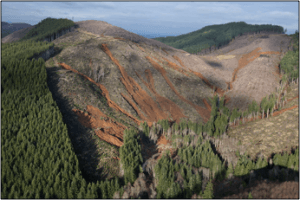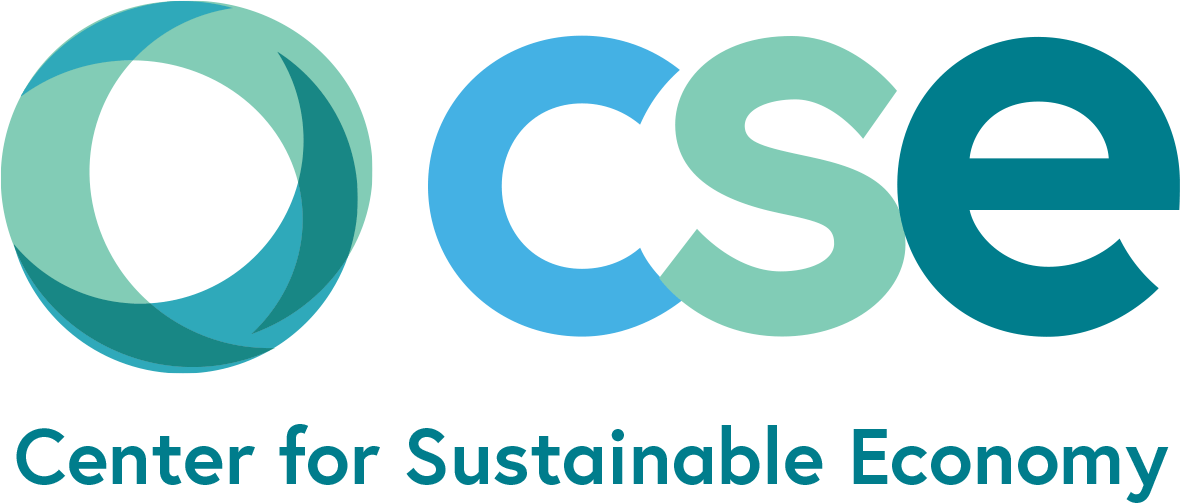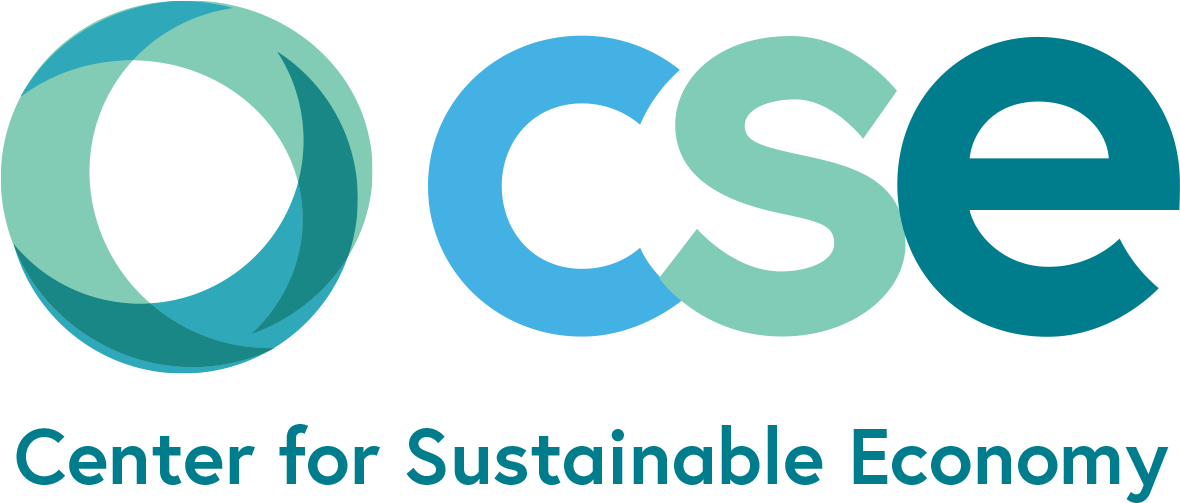Oregon Public Water Providers Asked To Intervene To Halt Over 18,000 Acres Of Clearcuts
Daphne Wysham • June 7, 2019

Center for Sustainable Economy (CSE) and local watershed advocates have asked 28 public water system providers in rural Oregon to intervene to halt the planned clearcutting of over 18,000 acres in surface drinking water supplies this year. The requests for intervention cite legal requirements of the Public Trust Doctrine, the Safe Drinking Water Act, and Oregon’s constitution. The requests also point out duties of water providers and the state to assess and collect damages associated with past logging activities to help cover the increased costs of purifying water, an expense made necessary by sediment and chemicals that run off from deforested and degraded lands. A sample letter sent to the City of Cottage Grove can be accessed here.
In each of these drinking watersheds, Oregon’s Department of Environmental Quality (DEQ) has identified clearcutting, logging roads, and spraying of chemicals and fertilizers as key threats to drinking water. Decades of scientific research and monitoring data on the ground have demonstrated that such practices harm both the supply and its quality – impacts likely to be made much worse by climate change.
Despite drinking water supply threats and the increasing costs of providing clean drinking water in the aftermath of clearcuts, the State and drinking water providers have yet to intervene when clearcuts are planned each year. CSE’s letter is the first step in the process of forcing state agencies and drinking water providers to fulfill their responsibilities to ensure clean and stable water supplies for present and future generations.
According to Dr. John Talberth, President and Senior Economist with the Center for Sustainable Economy, “Oregon’s drinking water supplies are under assault from clearcuts that raise water temperatures and dry up summertime flows, logging roads that bleed sediment into streams and a cocktail of chemicals and fertilizers like glyphosate and urea that provide fast food for harmful algae blooms. These risks are being made so much worse by climate change. Taken together, the Public Trust Doctrine, Safe Drinking Water Act and Oregon’s constitution compel public water managers to be proactive in eliminating these threats and scaling up alternative practices that will leave our watersheds in the best shape possible as climate change unfolds.”
The Public Trust Doctrine (PTD) is a legal framework rooted in constitutional duties of trustees – i.e., the states – to prevent private corporations from acquiring the right to monopolize or deprive the public of the right to use and enjoy natural resources. It has most consistently been applied to water resources, however, it has recently achieved widespread visibility in the innovative litigation brought by youth plaintiffs and Our Children’s Trust to force federal and state governments to take action on climate change. The Safe Drinking Water Act (SDWA) required public water systems to conduct risk assessments for their source waters, and in Oregon, implementing regulations require system managers to assure that water system facilities are then free of these public health risks. Article XI, Section 4 of Oregon’s constitution prohibits corporations from taking public trust resources without compensation and has been applied to the taking of public water supply by private logging companies.
While CSE and its partners are confident these requirements can be enforced in court, they have no plans to do so in the near future. Instead, the groups want to help public water supply managers work with landowners to implement climate smart forest practices like long rotations and alternatives to clearcuts and chemicals. They have invited public water system managers and the State Forester to resolve the issue through collaboration.
According to Alex Renirie, CSE’s Forest Practices Enforcement Specialist, “As we learned during hearings on Safe Waters legislation (HB 2656) this past session, there are many cost-effective, climate smart alternatives to clearcutting that will help reduce fire risk, lower water temperatures, and improve summertime flows. We look forward to working with public water system managers and the State Forester to make these practices the norm, not the exception.”
Such climate smart practices are beneficial not only for water supply, but for salmon. According to Cristina Hubbard, Executive Director of Forest Web of Cottage Grove, “The health of our watersheds is critical not only to protect salmon-bearing streams, but to provide clean water to our farms, homes, and schools. As climate change accelerates, forest management practices need to change as well away from clearcuts, chemicals, and new logging roads and towards climate smart alternatives that can help maintain water supplies while keeping our water clean and cool for salmon and human uses.”
Intervention request letters to public water system providers can be viewed through these links:
Adair Village PWS request May 2019
Albany PWS request May 2019
Brownsville PWS request May 2019 Canby PWS request May 2019
Coquille PWS request May 2019
Cottage Grove PWS request May 2019 Creswell PWS request May 2019
Elkton PWS request May 2019
Gates PWS request May 2019
Glendale PWS request May 2019
Glide PWS request May 2019
Grants Pass PWS request May 2019
Lebanon PWS request May 2019
Lowell PWS request May 2019
Molalla PWS request May 2019
Monroe PWS request May 2019
Myrtle Point PWS request May 2019
Oceanside PWS request May 2019
Sheridan PWS request May 2019
Siletz PWS request May 2019
Sutherlin PWS request May 2019
Sweet Home PWS request May 2019
Willamina PWS request May 2019
Wilsonville PWS request May 2019
Winston-Dillard PWS request May 2019


